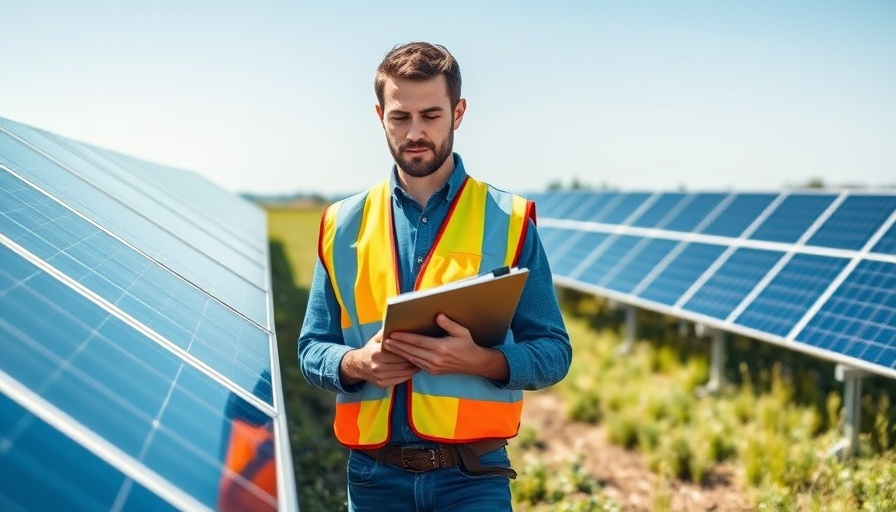
Understanding Solar Power in Nigeria
Experiencing frequent blackouts is a shared frustration for many in Nigeria. The search for reliable energy solutions has led many to consider solar power as a viable alternative to traditional generator systems. This article acts as a comprehensive guide for anyone looking to embrace solar technology, breaking it down into simple, digestible elements.
Why Choose Solar Energy?
Solar energy represents a sustainable and cost-effective solution for many Nigerians. With an impressive daily solar exposure of 6–9 hours, the potential for harnessing sunlight is immense. After the initial setup, which generally takes 3 to 5 years to pay off, homeowners can enjoy significant reductions in monthly energy costs. Furthermore, as Nigeria grapples with pollution challenges, solar energy offers a cleaner and quieter alternative that significantly lowers harmful emissions.
Key Components of a Solar System
Contrary to popular belief, setting up a solar system is straightforward. Key components include:
- Solar Panels: These are the primary collectors of sunlight, utilizing photovoltaic cells to convert sunlight into direct current (DC) electricity.
- Inverter: This device converts DC into alternating current (AC), which is essential for running household appliances.
- Battery: Lithium-ion batteries have gained popularity for their longevity and lower maintenance compared to traditional lead-acid options.
- Charge Controller: This regulates battery charging, preventing overcharging and enhancing system efficiency.
- Wiring and Mounting: Essential for connecting all components, panels are usually mounted on rooftops.
Future Outlook for Solar in Nigeria
The future of solar energy in Nigeria looks promising. With global investments in renewable technologies on the rise, there's potential for innovation and accessibility to improve constantly. Solar power helps reduce Nigeria's dependence on fuel generators—a trend that can lead to greater energy security and economic stability.
Conclusion: Empower Your Energy Choices
As Nigerians consider shifting to solar energy, understanding its benefits and components is vital for making informed decisions. With the growing accessibility of solar vendors across the country, this could be the ideal time to invest in a cleaner, more reliable energy source.
 Add Row
Add Row  Add
Add 




Write A Comment